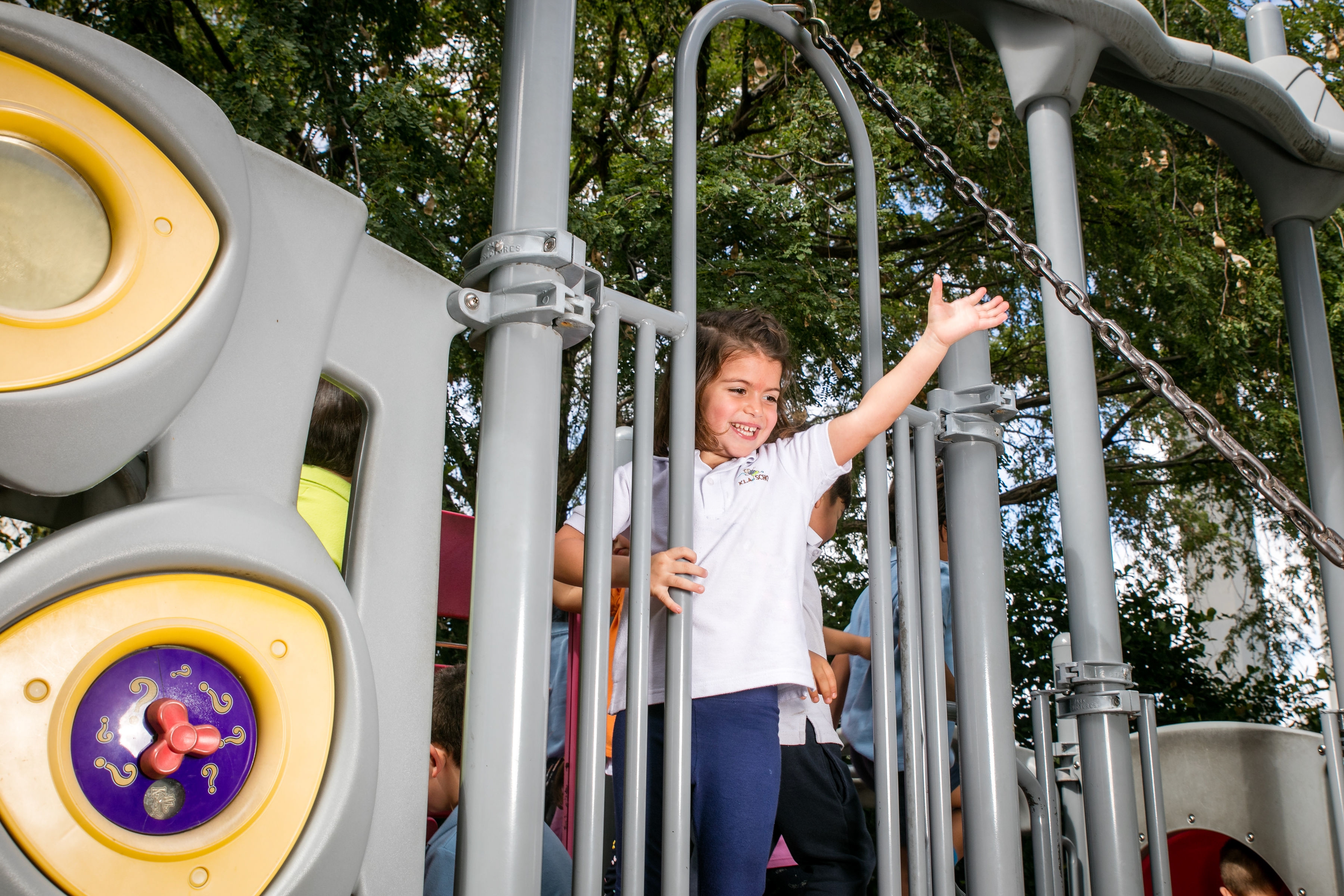What is Positive Parenting?
Topics: Parenting
Age Range: Preschool
Parents want their child to behave appropriately but also grow up to be happy and confident. Knowing how to create that balance can seem overwhelming. Thankfully, you can build a strong emotional foundation and teach appropriate behavior with positive parenting.
What is positive parenting?
Positive parenting is a mindset in which the focus is put on nurturing, guidance, empathy, and encouragement, instead of strict rule-following and harsh discipline. Studies have shown that behavioral concerns are more likely to improve when parents switch to positive parenting tactics. It has also been shown to reduce stress and offer better health outcomes in children.
Here are some positive parenting strategies you can try today.
Model positive behavior
Children are highly observant, especially when it comes to their parents. This is a great chance to model positive behaviors. For example, if you and your partner are disagreeing about something, be sure you both use calm voices and non-blaming language. This will show your child that disagreements can be respectful and don’t have to be angry.
See things from your child’s point of view
When a child is upset, it feels frustrating for both of you. Try and understand the reason behind your child’s behavior. For example, if your toddler has a tantrum while you’re trying to cook dinner, it could be because they’re tired or feel they haven’t had a chance to spend time with you yet. Many times, a child just wants to express how they feel. Once you discover the reason for your child’s behavior, you can address that issue.
You can also discuss the event with your child after the fact, if they‘re too upset to talk at the time. Show your child that you respect their feelings, but ensure they understand what is appropriate and what isn’t.
There will be times when you must correct a behavior, but always keep empathy in mind.
Set realistic rules, and discuss them early
Positive parenting encourages parents to set rules ahead of time—for example, on before leaving for the grocery store. However rather than telling them what they can and cannot do, tell them what you expect and why. Let your child ask their own questions and answer them as best you can. Your child will have a sense of security and confidence when they understand why certain behaviors are preferable and others aren’t.
Use logical consequences
Because children are still learning about cause and effect, it can be confusing when consequences don’t align with their actions. Having a consequence logically follow their actions will help your child understand cause and effect, and it will also show them that your discipline is fair and logical. For example, if your child doesn’t pick up their toys as requested, a logical consequence would be to have their toys taken away for an evening, instead of not being allowed to ride their bike for a week.
Positive parenting teaches children the importance of having empathy, respectful two-way communication, problem-solving, and understanding the consequences of their actions. Above all, they will see that you will love and respect them unconditionally.

